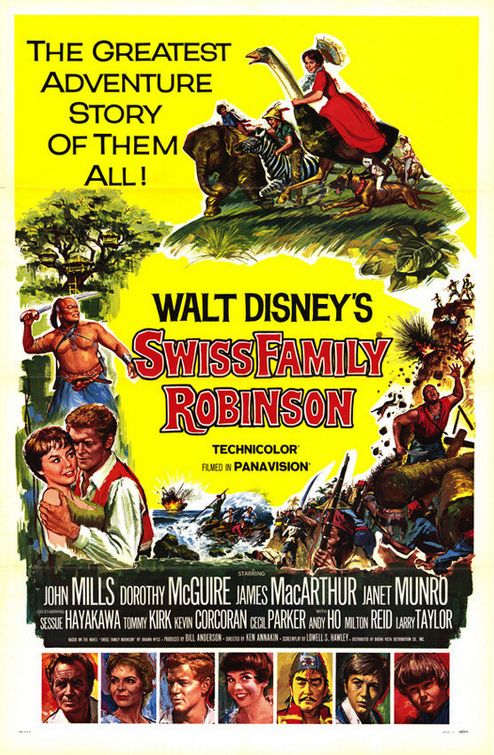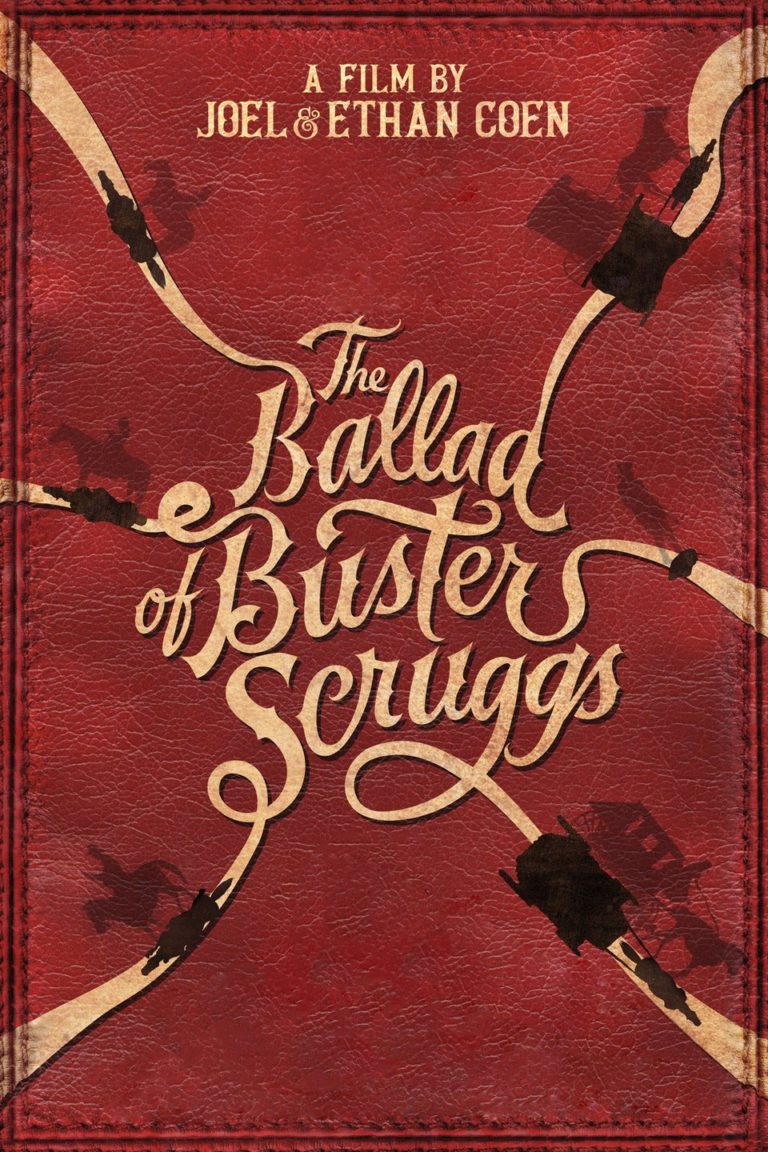“Darkly Comic Western Anthology About Life and Death”

| None | Light | Moderate | Heavy | |
|---|---|---|---|---|
| Language | ||||
| Violence | ||||
| Sex | ||||
| Nudity |
What You Need To Know:
BUSTER SCRUGGS is much more of a contemplation than a clear message. Those who believe a variety of ideas about life, death, humanity, and the afterlife, can grasp onto the parts fitting their beliefs best. Within this exploration are some profound observations lining up with Christian theology and providing hope among the chaos of this life. Yet, these nuggets of wisdom are peppered through a movie filled with death, a lack of redemption, violence, gore, and injustice. Viewers should weigh with extreme caution if the metaphysical discussion is worth the content in BUSTER SCRUGGS.
Content:
Mixed or eclectic pagan worldview includes the humanist idea that life is meaningless, up to chance, and things happen for no reason, countered by Christian beliefs that certainty may not lie in this life but hope lies in Eternal life with references to church denominations, with light religious imagery in the form of a cowboy who becomes a comical angel with a harp that could be construed as mockery; •
Seven obscenities (including five SOBs); •
Extensive gun violence throughout with explicit gore including murders in a gunfight, a man who shoots himself in the head with depicted aftermath, a man gets shot in the head, a man shoots off all five fingers of his opponent in a gunfight, a man gets shot in the back, a gunfight in a bank, two attacks by Native Americans including shooting with arrows, men have arrows shot through their necks, an attempted scalping, and an actual scalping; •
A theatrical impresario visits a brothel and brings his lame actor along (implied but not depicted) plus a reference to the raping of a woman. •
No nudity; •
Buster Scruggs orders an illegal whiskey and the impresario sings drunkenly by a fire; •
A man rolls and smokes a cigarette; and, •
Depicted gambling.
More Detail:
Written and directed by the Coen Brothers (FARGO, NO COUNTRY FOR OLD MEN, and OH, BROTHER, WHERE ART THOU?), the movie is actually six independent shorts strung together. Starring Tim Blake Nelson, “The Ballad of Buster Scruggs” kicks off the anthology on a light, goofy, musical tone, focusing on a singing gunslinger who turns out to be talented and deadly. “Near Algodones,” starring James Franco, tells the story of a bank robber trying to escape a hanging amidst a Comanche attack. “Meal Ticket,” starring Liam Neeson, with a great performance by Harry Melling, is a particularly dark and tragic story about an impresario who tours with a limbless actor. “All Gold Canyon” follows a prospector as he claims the wilderness for himself and searches for gold at any cost. “The Gal Who Rattled” has the most heart of all the stories. Zoe Kazan plays a woman whose brother dies on the Oregon trail, leaving her in the care of a trail boss and the debt of her wagon hand. Finally, “The Mortal Remains” is a gothic tale about five passengers who debate the nature of man on an eerie stagecoach ride.
With a runtime of more than two hours, the Coens could have shaved off one of the stories, or the time spent in each one. Yet, the stories are artfully told, and each one brings a varied range of emotions, from the absurd to the dramatic to the witty to the tragic, mostly thanks to the rich characters and stellar performances. This slow-moving movie never becomes tedious or boring, but it does get exhausting.
These vignettes are tough to sit through on the surface-level. Filled with dark comedy and often gruesome death, including many gunshots, bloody gunshot wounds and several battles with Native Americans. The tragic fates of the characters seem almost cruel in the ways viewers get attached to the characters and root for them, only to watch them meet a seemingly pointless demise. Then, just when viewers learn not to get attached to the characters, they come out victorious. Characters are left with no arcs, no reasons, no lessons learned. It all just seems random, which is part of the point.
At its core, Buster Scruggs is an examination of life and mortality. While it all may seem random and unfair, that’s precisely the point for the Coen brothers. Each vignette is an opportunity to explore humanity in a very raw setting, the Wild West (as imagined by 21st Century filmmakers, not as it really was which was usually filled with moral faith and values). Where sometimes moral choices are rewarded and sometimes they aren’t. Where characters sometimes find redemption and sometimes they don’t. Despite this, the movie has a very strong moral compass, with solid redemptive elements. Thus, when redemption doesn’t come, or when evil wins, the movie depicts this result as unfair injustice. Bad deeds still aren’t condoned, even if they can often go unpunished.
What’s nice about setting a moive in the West is it allows for more freedom to talk about faith. As opposed to our current post-modern, post-faith culture, America in the 1800s was much more devout. This allows for theological and spiritual explorations as well as moral ones, like the ones the Coen Brothers gave us in recent movies such as their remake of TRUE GRIT and HAIL, CAESAR! This shines the clearest in the segment, “The Girl Who Rattled,” which could also be the best segment of the bunch.
While on the Oregon trail, lone traveler Alice (Kazan) befriends trail boss Mr. Knapp (Bill Heck). At one point, they discuss their religious beliefs. He’s Methodist, and she’s Episcopalian, but they can both agree on “divine worship.” Alice sits by the fire and tells the story of how her brother would chastise her for being uncertain about various ideas and opinions. Billy responds with an exceptionally profound statement central to the theme of the movie. “I believe uncertainty is appropriate for this world. Only in the next do we have certainty.” This monologue seems to string all of the vignettes together with a reason, or an explanation, and a rather Biblical one at that. While things may seem random, while it seems there may not be justice in the world of Buster Scruggs, believers can have the hope of certainty in Eternity. Perhaps, this feels especially true with this series of stories because they are so dark, even if the Coens make them lighter by using some dark humor. It makes the hope more meaningful because they don’t shy away from how seemingly meaningless the world can be. Sadly, though, in this Wild Western World of the Coens, it can’t be said that the fate of those who believe in God always has a better chance this side of Heaven than those who reject faith.
This idea is echoed in the first short, “The Ballad of Buster Scruggs,” but in a much more absurd way that could hardly be taken seriously. In a goofy ballad, a losing gunslinger’s soul leaves his dead body and flies into Heaven with a harp and tiny angel wings. He sings of the hope of going to a place without violence and where poker is played fair. While “The Girl Who Rattled” takes this hope very seriously, the Buster Scruggs segment seems to mock it. Also, it’s highly unlikely that such an uncaring murderer, however delightfully entertaining, would be flying up to Heaven. Ultimately, it’s questionable where the Coen Brothers ultimately fall on the scale in a movie that treats Eternity both so lightly and so sacredly.
The final short, “The Mortal Remains,” is nothing but a philosophical discussion about the nature of man, stories and death as five strangers discuss the topic on an eerie stagecoach ride. While this sounds heavy, it’s actually one of the most hilarious stories in the collection. There’s a romantic Frenchman, a judgmental Christian, a fur trapper, and two bounty hunters. They each have an idea of the two types of people in the world. The Frenchman believes people are either lucky or unlucky. The Christian believes they are either upright or sinning. The bounty hunters believe men to be either dead or alive. The fur trapper, finding no order, likens people to ferrets. No conclusions are drawn as to the exact nature of people. All of the characters ride in the same stagecoach headed for the same dark, gothic hotel, which has the eerie sense of looming death among moments of absurd, dark comedy that the Coen brothers love to throw into their contemplations about life and death.
In the end, THE BALLAD OF BUSTER SCRUGGS is much more of a contemplation than it is a clear message. Those who believe a variety of ideas about life, death, humanity, and the afterlife, can grasp onto the short movie or parts of the whole anthology that fits their beliefs best. Even so, however, within this exploration are some profound observations that line up with Christian theology and provide hope among the chaos of this life. The problem is, these nuggets of wisdom are scarcely peppered through a movie that’s with sudden death, a lack of redemption, violence, gore, and injustice. Media-wise viewers should weigh with caution if the metaphysical discussion throughout the anthology is worth the content.


 - Content:
- Content: 

